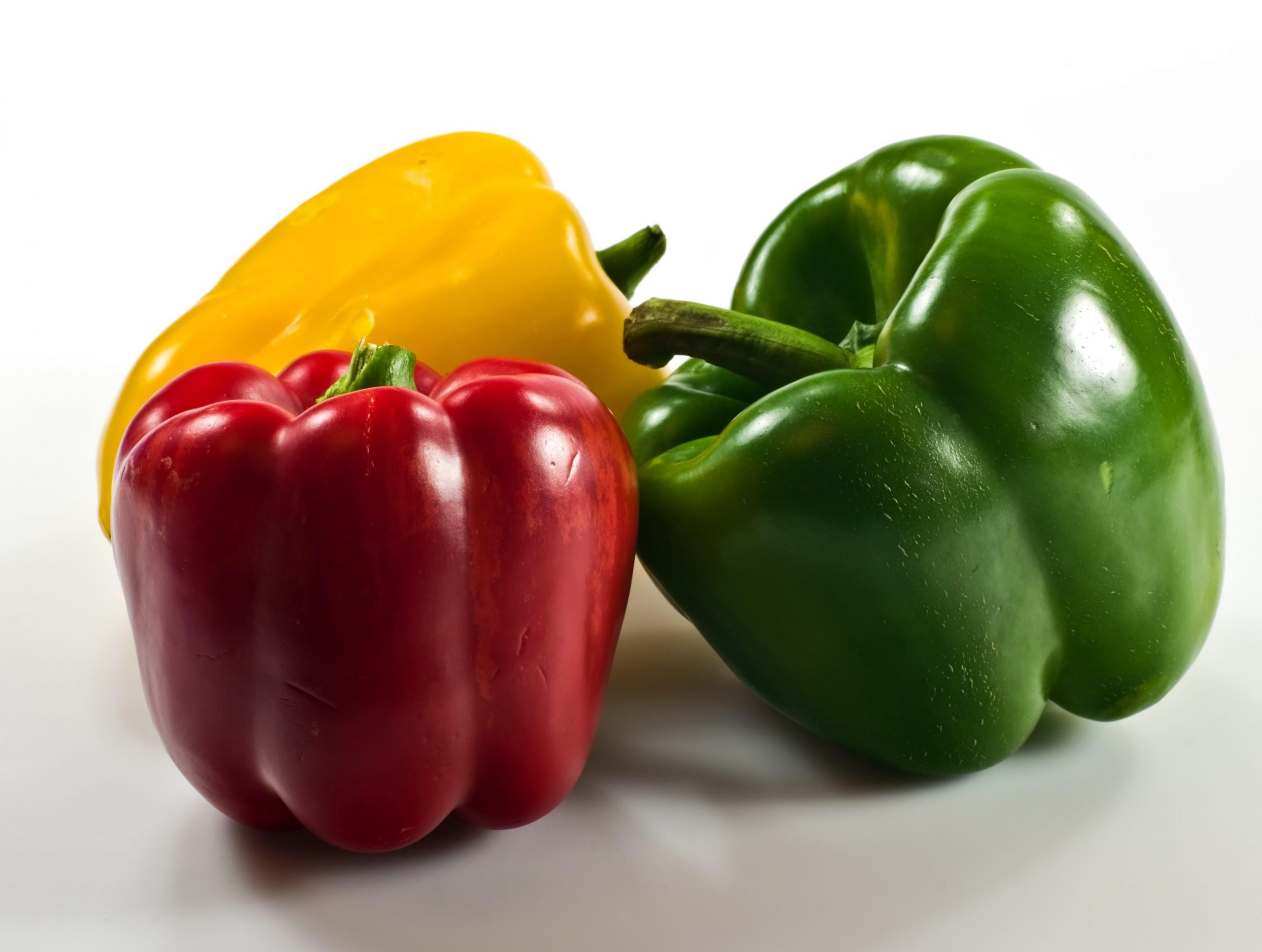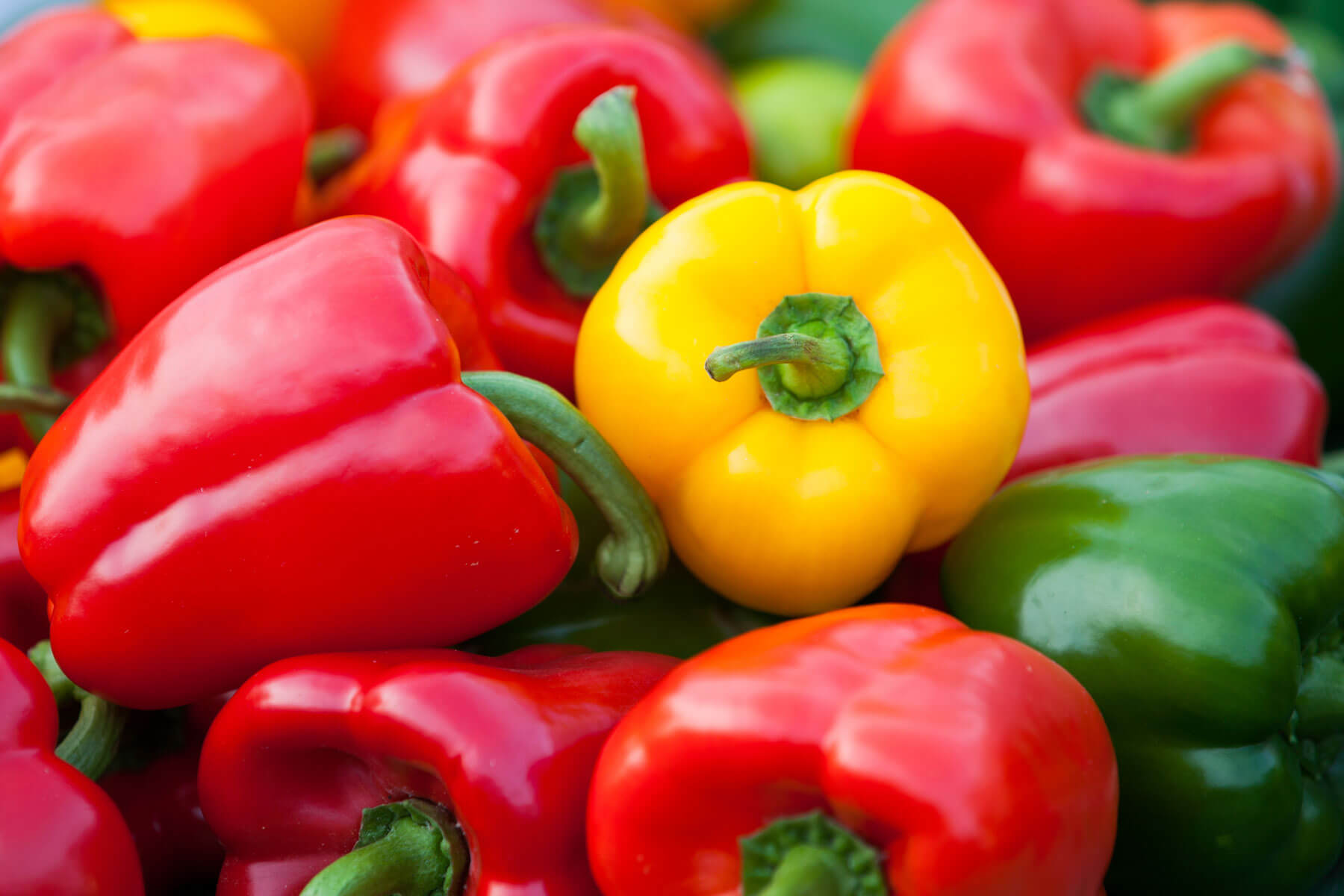Best Fertilizers for Peppers: Attain Superior Results in Your Yard
Best Fertilizers for Peppers: Attain Superior Results in Your Yard
Blog Article
Organic Vs. Synthetic Fertilizers: Which Is Best for Supporting Healthy Pepper Plants?
In the world of supporting healthy and balanced pepper plants, the selection in between artificial and organic plant foods stands as a pivotal decision with far-reaching effects. While both alternatives purpose to offer vital nutrients to support plant development, the subtleties of their effect on the dirt, plant health and wellness, and the atmosphere spark an argument that mirrors throughout the gardening community. Comprehending the distinct benefits and prospective challenges of each fertilizer type is essential for pepper cultivators looking for to optimize their returns while maintaining a sustainable and eco-conscious strategy.
Benefits of Organic Plant Foods
Organic plant foods offer a sustainable and environmentally-friendly method to nourishing pepper plants, giving vital nutrients without using synthetic chemicals. These natural plant foods are stemmed from natural resources such as compost, manure, bone meal, and seaweed, advertising soil health and wellness and biodiversity. Unlike synthetic fertilizers, natural choices launch nutrients slowly, guaranteeing a consistent and balanced supply for pepper plants to grow.
One significant benefit of organic plant foods is their capability to enhance soil structure and water retention. By improving soil wellness, natural plant foods advertise advantageous microbial task, which aids in nutrient uptake by pepper plants. Furthermore, organic fertilizers minimize the danger of chemical run-off, protecting water sources from air pollution and guarding the setting.
Moreover, organic fertilizers add to lasting soil fertility by promoting the development of beneficial dirt organisms. These organisms aid damage down raw material, releasing nutrients in a kind that is conveniently obtainable to pepper plants. best fertilizers for peppers. By cultivating a healthy and balanced soil ecological community, organic plant foods sustain lasting pepper farming techniques that profit both plants and the setting
Downsides of Artificial Fertilizers
Artificial plant foods, in comparison to their natural equivalents, present different downsides when utilized to nurture pepper plants, affecting both plant health and wellness and ecological sustainability. One significant disadvantage of synthetic fertilizers is their tendency to leach nutrients from the dirt promptly. This quick leaching can bring about vitamins and mineral inequalities in the dirt, creating plants to struggle with shortages or poisonings. Furthermore, synthetic fertilizers can harm helpful dirt microorganisms, such as earthworms and valuable microorganisms, interfering with the dirt environment's equilibrium.
Moreover, the overuse of artificial fertilizers can contribute to water air pollution. Excess fertilizers not absorbed by plants can clean away into water bodies, leading to eutrophication, where algae blossoms deplete oxygen degrees in the water, hurting aquatic life. Synthetic plant foods are usually derived from non-renewable sources, such as fossil fuels, contributing to carbon exhausts and ecological degradation throughout their manufacturing.
Nutrient Absorption Comparison
Effective nutrient absorption plays a critical function in the total health and growth of pepper plants. When comparing natural and synthetic plant foods in terms of nutrient absorption, natural fertilizers have the benefit of offering an extra balanced and slow-release source of nutrients (best fertilizers for peppers). Organic plant foods have a variety of macro and trace elements that are not just helpful for the plants yet also promote healthy and balanced soil microbial activity, which helps in nutrient uptake. On the various other hand, artificial fertilizers commonly provide a quick launch of nutrients, which can bring about leaching and runoff, leading to reduced nutrient absorption prices by the plants.
Additionally, organic fertilizers enhance soil structure and water retention capacity, allowing pepper plants to gain access to nutrients much more effectively. This enhanced soil high quality assists in origin growth, enabling better nutrient absorption. Artificial plant foods, although originally enhancing plant development due to their high nutrient concentrations, may hinder long-term nutrient absorption by degrading dirt wellness with time.
Ecological Influence Factors To Consider

On the other hand, artificial fertilizers, although typically more concentrated and promptly offered to plants, can have detrimental results on the atmosphere if not used correctly (best fertilizers for peppers). Their production needs high energy inputs, leading to greenhouse gas exhausts and adding to environment modification. Furthermore, the drainage of excess synthetic plant foods can contaminate water resources, resulting in eutrophication and damaging water ecosystems.
Best Fertilizer Practices for Peppers
When feeding pepper plants, maximizing nutrient uptake and minimizing environmental effect are key factors to consider. To achieve this, it is vital to comply with ideal plant food techniques tailored to the specific requirements of pepper plants. One important technique is to perform a soil test before applying any type of plant foods. This examination can establish the pH degree of the soil and identify any nutrient deficiencies, directing you in choosing the most appropriate plant food solution.
One more essential method is to fertilize pepper plants at the correct from this source time. Usually, peppers benefit from getting fertilizer at planting and afterwards once more when they begin to blossom. Over-fertilizing can bring about nutrient imbalances and hurt the plants, so it is vital to follow advised application prices.
Furthermore, choosing a well balanced plant food with an NPK ratio that matches pepper plants' needs is essential. Ultimately, incorporating organic and artificial plant foods carefully can assist nurture healthy pepper plants while decreasing ecological influence.
Conclusion

Organic fertilizers offer an environmentally-friendly and site here sustainable strategy to nourishing pepper plants, giving essential nutrients without the usage of artificial chemicals. Unlike synthetic plant foods, natural options launch nutrients gradually, guaranteeing a constant and well balanced supply for pepper plants to grow.
Synthetic plant foods, in contrast to their organic counterparts, present numerous disadvantages when utilized to nourish pepper plants, affecting both plant wellness and ecological sustainability. When comparing synthetic and organic fertilizers in terms of nutrient absorption, organic fertilizers have the advantage of supplying a much more well balanced and slow-release resource of nutrients.Furthermore, natural plant foods enhance soil structure and water retention capacity, allowing pepper plants to access nutrients a lot more successfully.
Report this page